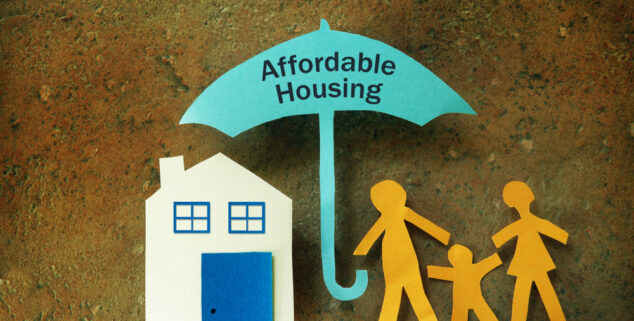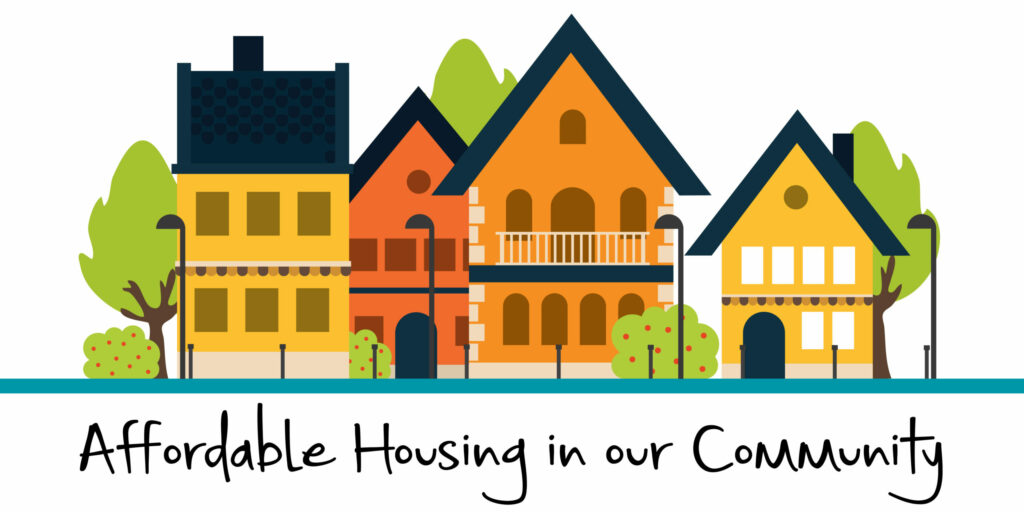Economical Homeownership Options for First-Time Homebuyers
As the real estate market continues to evolve, new homebuyers deal with unique difficulties in safeguarding economical homeownership alternatives. These initiatives not only help with homeownership yet likewise foster community security and financial development.
Government Aid Programs
Government assistance programs play a vital role in making homeownership possible for lots of individuals and households. These programs aim to alleviate the financial burden related to acquiring a home, specifically for new purchasers. By providing financial assistance, grants, and tax obligation incentives, federal government campaigns help bridge the gap in between rising housing expenses and the purchasing power of potential home owners.
Numerous programs are readily available at the government, state, and local levels. The Federal Real Estate Management (FHA) gives insurance on lendings, enabling lenders to supply more desirable terms, such as reduced down settlements and decreased interest prices. In addition, state and neighborhood governments typically have their very own campaigns, which may consist of deposit support programs, buyer education training courses, and positive home mortgage terms.
These programs are created to deal with the one-of-a-kind obstacles faced by low- to moderate-income families, consisting of minimal savings and credit report. By cultivating an environment where homeownership is more accessible, entitlement program programs not just support individual desires yet likewise add to community stability and economic development. Comprehending and utilizing these sources can considerably enhance the prospects of successful homeownership.
Low-Down-Payment Home Loans
For numerous aspiring homeowners, low-down-payment home mortgages present a sensible path to homeownership, specifically in today's challenging real estate market. These home mortgage options typically require deposits ranging from 3% to 5%, making it simpler for newbie buyers to get in the marketplace without the worry of conserving for a significant deposit.
Various lenders provide low-down-payment programs, including conventional financings backed by Fannie Mae and Freddie Mac, as well as government-backed options like FHA car loans. These home mortgages are developed to suit individuals with limited cost savings while still offering affordable rates of interest. Importantly, they enable buyers to preserve even more cash for other crucial costs, such as relocating prices, home assessments, and potential renovations.
However, potential homeowners ought to be mindful of the compromises linked with low-down-payment mortgages. A smaller deposit may result in greater monthly repayments and the requirement of personal mortgage insurance policy (PMI), which safeguards loan providers in case of default. It is crucial for newbie purchasers to carry out thorough research study and consult with mortgage specialists, ensuring they pick a low-down-payment choice that aligns with their lasting financial objectives.
First-Time Buyer Grants
Numerous newbie buyers discover that gives can considerably ease the financial worry of acquiring a home, matching low-down-payment home mortgage choices. These gives, usually offered by state and non-profit companies or regional federal governments, offer financial aid that does not call for settlement, making them an appealing option for those going into the housing market.
Qualification for novice property buyer grants typically depends on earnings, creditworthiness, and the acquisition cost of the home. Numerous programs are made to assist low- to moderate-income family members, making sure that support gets to those that need it most. The application process commonly entails documents of financial status, homebuyer education programs, and sometimes even a dedication to remain in the home for a specific period.
The quantity of support varies widely, with some gives giving a number of thousand bucks to assist cover shutting prices or down repayments. Researching offered grants in your area is necessary, as programs frequently alter and may have particular needs. By leveraging these funds, new homebuyers can make homeownership more obtainable, eventually accomplishing their desire for owning a home while minimizing the preliminary economic strain.
Innovative Area Campaigns
Ingenious neighborhood initiatives are playing a vital duty in broadening economical homeownership options for homeowners. These efforts commonly entail joint efforts between regional governments, non-profit organizations, and economic sector stakeholders to create sustainable housing options customized to neighborhood demands.
One significant technique is the establishment of neighborhood land counts on (CLTs), find here which permit locals to purchase homes while the land remains owned by the depend on. This model aids keep cost with time and avoids speculative price rises. Additionally, CLTs typically give educational resources and assistance solutions to equip first-time buyers.
Another effective effort is the growth of mixed-income real estate projects, which blend cost effective units with market-rate homes. This strategy promotes inclusive communities and minimizes the stigma commonly linked with low-income housing. Regional governments are progressively sustaining zoning reforms to promote the building and construction of accessory residence systems (ADUs), which can provide extra rental revenue for home owners while increasing real estate schedule.

Tips for Budgeting and Saving

Next, develop a dedicated savings account particularly for your future home acquisition. Aim to save a percent of your revenue constantly, ideally 20% or more, to construct a considerable down payment. Utilize automation tools, such as straight deposit or automated transfers, to make saving easier and extra constant.
Additionally, take into consideration embracing the 50/30/20 regulation: allocate 50% of your earnings to needs, 30% to wants, and 20% to savings and financial debt settlement - Affordable Homeownership. This method promotes well balanced financial wellness

Conclusion
In recap, cost effective homeownership options for novice property buyers encompass numerous sources such as government aid programs, low-down-payment home mortgages, and gives. By leveraging these monetary devices, people can navigate the intricacies of homeownership, inevitably adding to an extra fair housing landscape.
As the housing market continues to evolve, new buyers encounter one-of-a-kind obstacles in securing cost effective homeownership choices. By promoting an environment where homeownership is a lot more available, federal government support programs not just sustain specific desires but additionally add to area stability and financial growth. By leveraging these economic resources, novice homebuyers can make homeownership a lot more easily accessible, eventually attaining their dream of owning a home while minimizing the preliminary financial stress.
In recap, inexpensive homeownership options for novice homebuyers incorporate various resources such as federal government aid programs, low-down-payment home mortgages, and gives. By leveraging these financial devices, people can navigate the see intricacies of homeownership, inevitably adding to an extra equitable housing landscape.